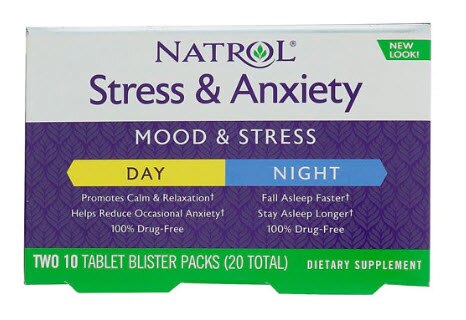Being an engaged empath is no cakewalk. When you are involved in activism, community organizing or social justice work, self-care often just gets lip service. But when it comes to nourishing our own resources, the personal is political.
The primary purpose of self-care for activists is to recharge. It entails knowing your limits. It requires stepping back and replenishing your resources so that you can stay passionate, committed and effective over the long haul.
More than other vocations, activism’s emotional demands can quickly drain your energy reserves. People who pour themselves into fighting for the needs of the marginalized often forget to prioritize their own needs. As Audre Lorde, a feminist and civil rights activist famously said, “Caring for myself is not self-indulgence, it is self-preservation, and that is an act of political warfare.”
If you neglect yourself too long, you may become prey to compassion fatigue, in which those who care for others gradually become indifferent because of the cumulative emotional overload. In a similar vein, activists who don’t prioritize their own needs are also vulnerable to burnout.
One of the first things to do is to recognize if you suffer from emotional burnout. Here is a helpful list of symptoms compiled by the organization Frontline Aids.
Common signs of burnout
- Feeling burdened by responsibilities & pressures
- Having difficulties sleeping
- Working long hours
- Experiencing physical problems like exhaustion, stomach aches, headaches, lingering colds, general aches & pains
- Being absent-minded or forgetting appointments, deadlines & personal possessions
- Being easily annoyed by other people’s demands & stories about their daily activities
- Feeling “used” & unappreciated at work
- Feeling detached, & like you don’t really care about the problems & needs of other people
- Feeling both useless and as if things would go terribly wrong if you didn’t continue (over)working
- Feeling that you cannot afford to stop to eat and hydrate.
To address any emergent symptoms of burnout, try the following tips.
Be kind to your body and mind
Take a moment to observe your physical and emotional state. Notice what feels out of balance in your body and in your life. Do you need more play or more rest? More time alone or more time with friends? Listen to your body. Imagine if your body was in charge of your affairs—what would it do? Practice following your body’s counsel. Every week, allot some time to switch off from the daily grind. Devote yourself to big picture thinking, allowing yourself to daydream and your mind to wander. Learn to say “no” or “not at the moment” or “I need to think about that” to requests. Tune into your body as you develop your healthy boundaries. Forgive yourself for not always finding the balance and learn from these mistakes to make refinements as necessary.
Pay attention to what sucks your energy
When you’re involved in social justice, there’s an expectation to always be fighting the good fight. The urgency of the issues can seem to preclude rest. But energy is not an infinite gift—it’s more like a renewable resource. Activists who set a blistering pace will soon burnout unless they commit to recharging their batteries. When you work with your colleagues, explore offering and asking for support so you don’t feel so alone in the mission. Take stock of the activities, people, and things that take a toll on you and leave you depleted. Try to minimize your exposure to these kinds of interactions. Instead, nourish relationships and pastimes that reconnect you to your sense of purpose.
Minimize traumatic experiences
Live Your Dream, a movement dedicated to giving women and girls access to the education and training they need to achieve economic empowerment, recommends on monitoring oneself for signs of emotional numbness, a result of too much exposure to the suffering of others. The organization suggests “being mindful of your own thresholds. Seek out personal safe spaces. Disconnect yourself from interactions that elicit your flight or fight response. Give yourself permission to step back, knowing that in the long run this will actually help you stay more compassionate.”
Remember you can only offer to others what you are willing to offer to yourself. If you are not able to soothe your nervous system, take breaks and fill yourself up with warmth and delight, you will not be able to extend that kindness to the people you are fighting for.




